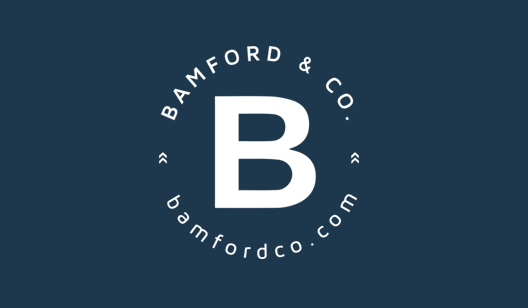Don’t understand mortgages? You are not alone. The financial concepts and terms can be tricky to navigate let alone the basic concept of a mortgage. All of us typically have questions in the back of our mind that we do not articulate because we are too
embarrassed, so we’ve concocted this little ditty called “Mortgages for Dummies”.
Question One: What EXACTLY is a mortgage?
We’ve all heard the term a dozen times – so what’s the real definition? Well, if you type in “define mortgage” you’ll get this, “the charging of real (or personal) property by a debtor to a creditor as security for a debt (especially one incurred by the purchase of the property), on the condition that it shall be returned on payment of the debt within a certain period.” Clear as mud? Yeah, we thought so.
A simpler way to say this: A mortgage is a home loan secured by real property, commonly referred to as real estate. In essence it is a contract that includes rights and obligations of both parties. The term actually comes from a French term translated to “Death Contract”.

Question Two: How Does A Bank or Broker Calculate How Much I Can Afford?
Have you heard about the 35% rule? There are two ratios called Total Debt Service (TDS) and Gross Debt Service (GDS). lenders will used to total your property cost, interest, taxes, heating, condos, etc. According to CMHC the sum of the total bills calculated for your house costs should not exceed 35% of your monthly house hold income.
Your TDS cannot exceed 42% of your total monthly income. These calculations are a great way for lenders to to judge wether or not you will be able to afford to pay for your new home. However, there are new rules coming into place on October 17th, you should be aware of. You can brush up on those new rules here.

Question Three: Why Should I Care About A Mortgage Rate Hold & What Is It?
A rate hold is when you call your lender or mortgage broker and they hold the rate for you. You are NOT pre-approved at this time it is just a hold on the mortgage rate. A pre-approval consists of a mortgage application and a credit check, as well as requests you bring along supporting documentation.
If your documents are approved your lender will provide you a written confirmation of your rate and maybe the price range you qualify for. Neither of these are a “sure thing” or a done deal when it comes time to actually singing your final mortgage papers, but a pre-approval is a great start.

The mortgage must not be in arrears.
Your current mortgage balance, together with the amount of the payments you wish to skip, does not exceed the original amount of your mortgage.
You can skip up to four consecutive weekly payments, up to two consecutive bi-weekly or semi-monthly payments, or one monthly payment. You will still be responsible for paying your usual insurance premiums and property tax installments, where applicable.”
If those rules do not apply to you, the short answer is that there is now a snowball effect as this effects interest rates on your entire mortgage. If you are going to miss a payment, contact your lender and let them know. You may be able to work something out. If enough time passes, a legal process will ensue that requires the lender to take control of the property through the court system.





